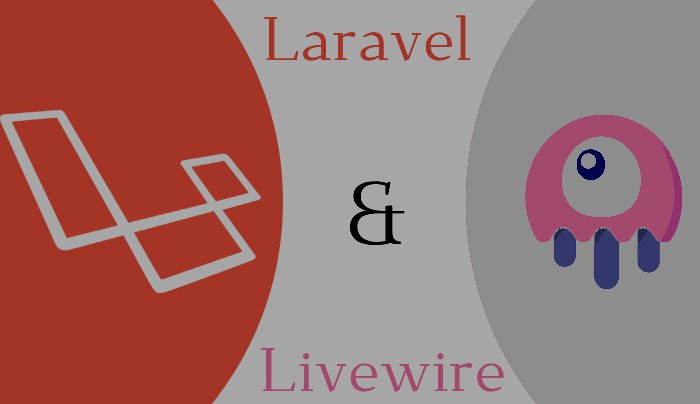SOLID Principles
What are SOLID Principles?
Solid principles are a set of guidelines for writing a clean and maintainable object-oriented code. The principles were introduced by Robert C. Martin "Uncle Bob" in his book "Agile Software Development, Principles, Patterns and Practices".
The principles are widely accepted in the software development community and are considered essential for writing high-quality code. So let's dive in more to know what SOLID principles are and what does SOLID stands for.
What "SOLID" stands for?
- Single Responsibility Principle (SRP).
- Open/Closed Principle (OCP).
- Liskov Substitution Principle (LSP).
- Interface Segregation Principle (ISP).
- Dependency Inversion Principle (DIP).
Single Responsibility Principle (SRP):
A class should have only one reason to change. In other words, a class should have only one responsibility. This principle helps to keep classes small and focused, making them easier to understand, modify and maintain.
Open/Closed Principle (OCP):
A class should be open for extension but closed for modification. This means that we should be able to add new functionality to a class without changing its existing code. This principle helps to prevent introducing bugs or breaking existing functionality when adding new features.
Liskov Substitution Principle (LSP):
Subtypes should not be substitutable for their base types. In other words, if we have a base class and a derived class, we should be able to use the derived class wherever the base class is expected without introducing any errors or unexpected behaviors, This principle ensures that the code is robust and works as intended.
Interface Segregation Principle (ISP):
Clients should not be forced to depend on interfaces they do not use. This means that we should break up interfaces into smaller and more focused ones to avoid coupling between unrelated classes. This principle helps to keep the code flexible and maintainable.
Dependency Inversion Principle (DIP):
High-level modules should not depend on low-level modules. Instead, both should depend on abstractions. This means that we should depend on abstraction rather than concrete implementations. This principle helps to decouple modules, making them easier to test, modify and maintain.
SOLID Principles conclusion:
- By following SOLID principles, we can create a code that is modular, extensible and easy to maintain. The SOLID principles help to reduce the complexity of the code and make it more understandable, making it easier to write, read and debug.
- SOLID principles provide a set of guidelines for writing clean, maintainable and high-quality code. By following these principles we can create code that is easy to understand, modify and maintain and that is less prone to errors and bugs.
- By using SOLID principles we can create code that is more flexible and adaptable to change, making it easier to evolve as requirements change over time.
Recent Posts
.jpg)

.jpg)
.jpg)
.jpg)
.jpg)
.jpg)

 (1).jpg)
.jpg)